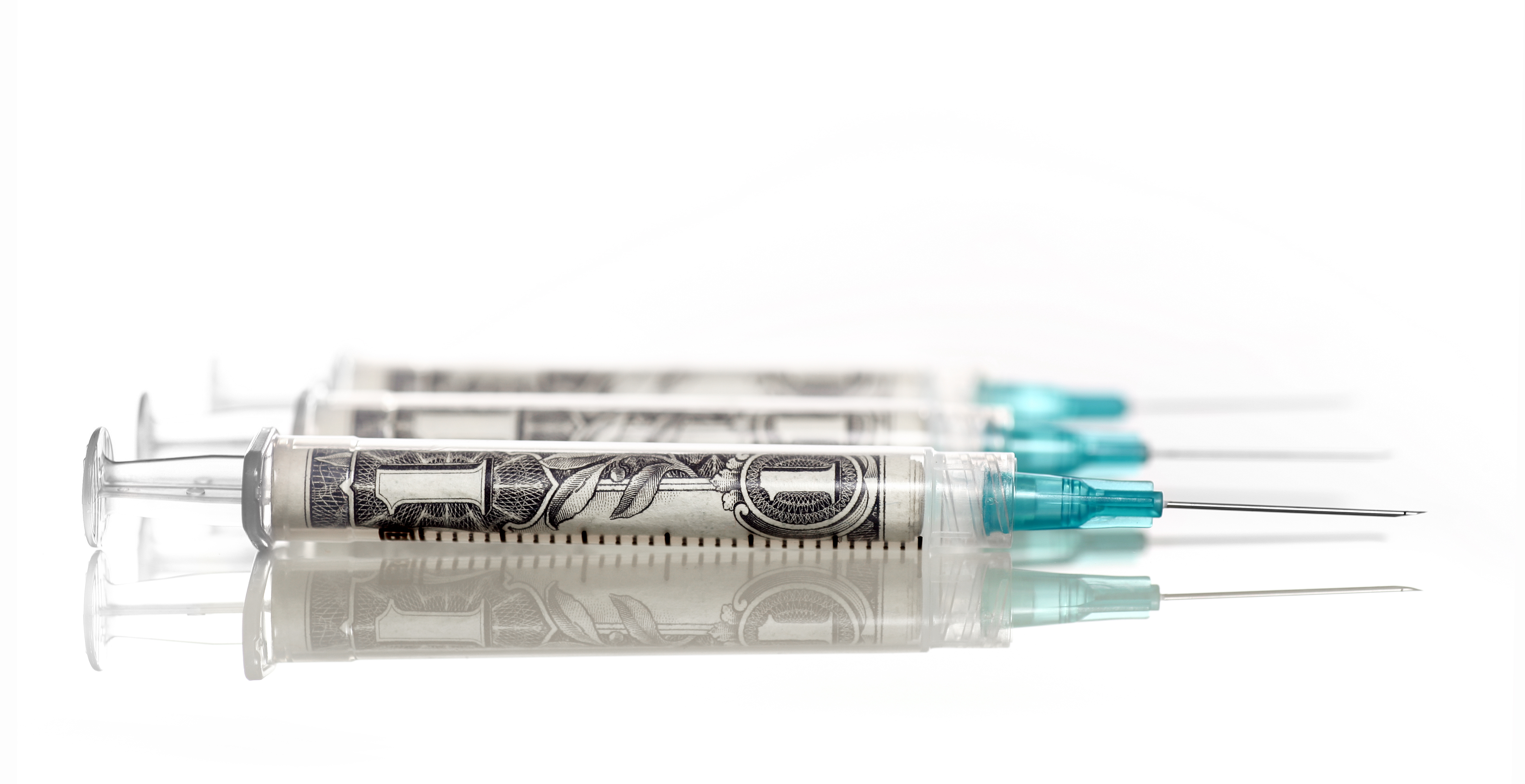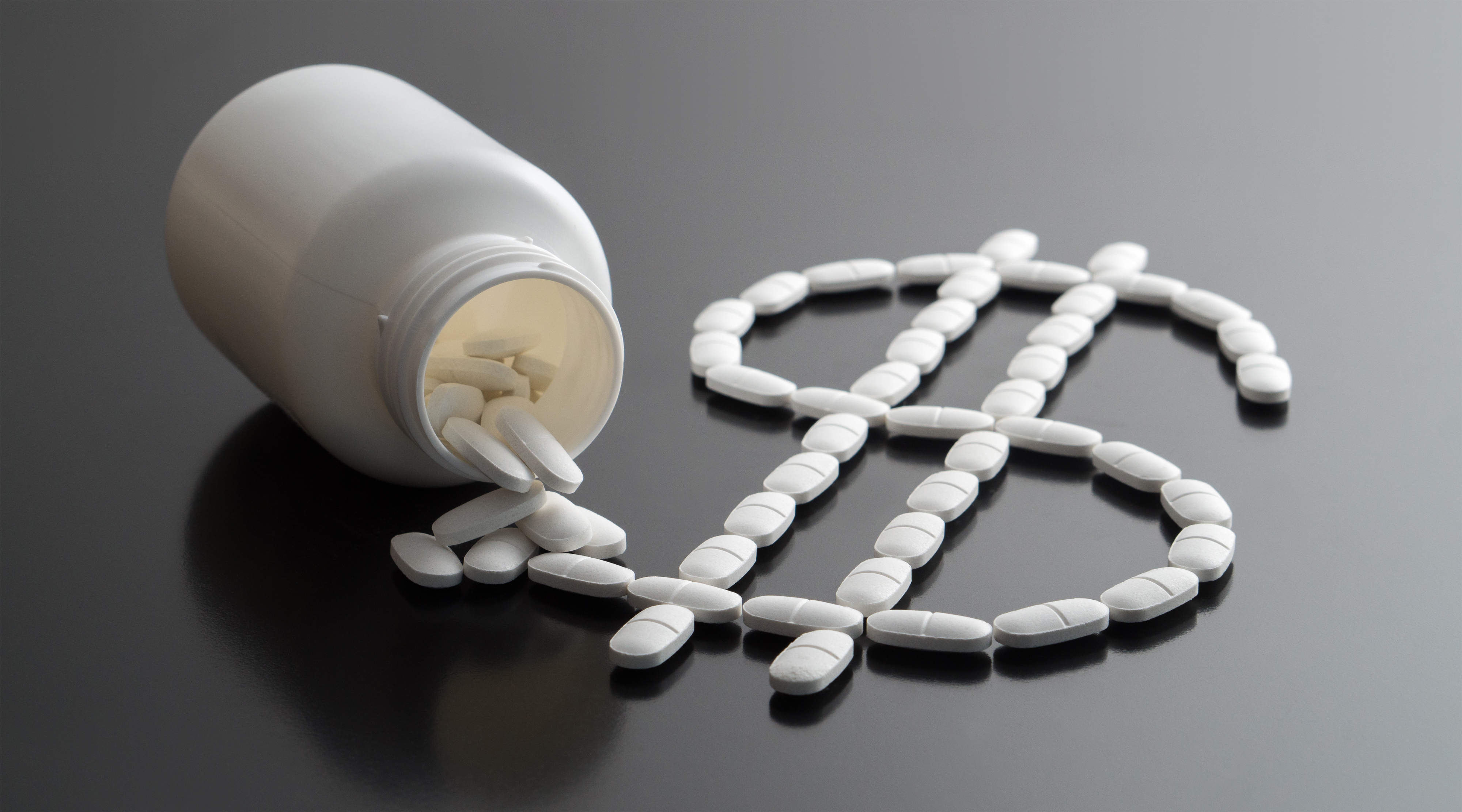Ekaterina (Kat) Cleary, PhD, is Lead Data Analyst at the Center for Integration of Science and Industry and an Adjunct Professor of Mathematical Sciences at Bentley University, where she teaches Data Visualization. She received her BS in Biology/Bioinformatics from UMass Lowell and MS degree in Bioinformatics from Boston University. She holds a PhD in Biomedical Engineering and Biotechnology from UMass Lowell, where her thesis work focused on statistical modeling of environmental risk factors influencing cognitive decline. Her current research examines the public sector’s contribution to the science underlying drug discovery, as well as the public value created from this science. Her recent publication on the “Contribution of NIH funding to new drug approvals 2010–2016” has informed legislation to address fair prices on drugs supported by taxpayer funded research.


